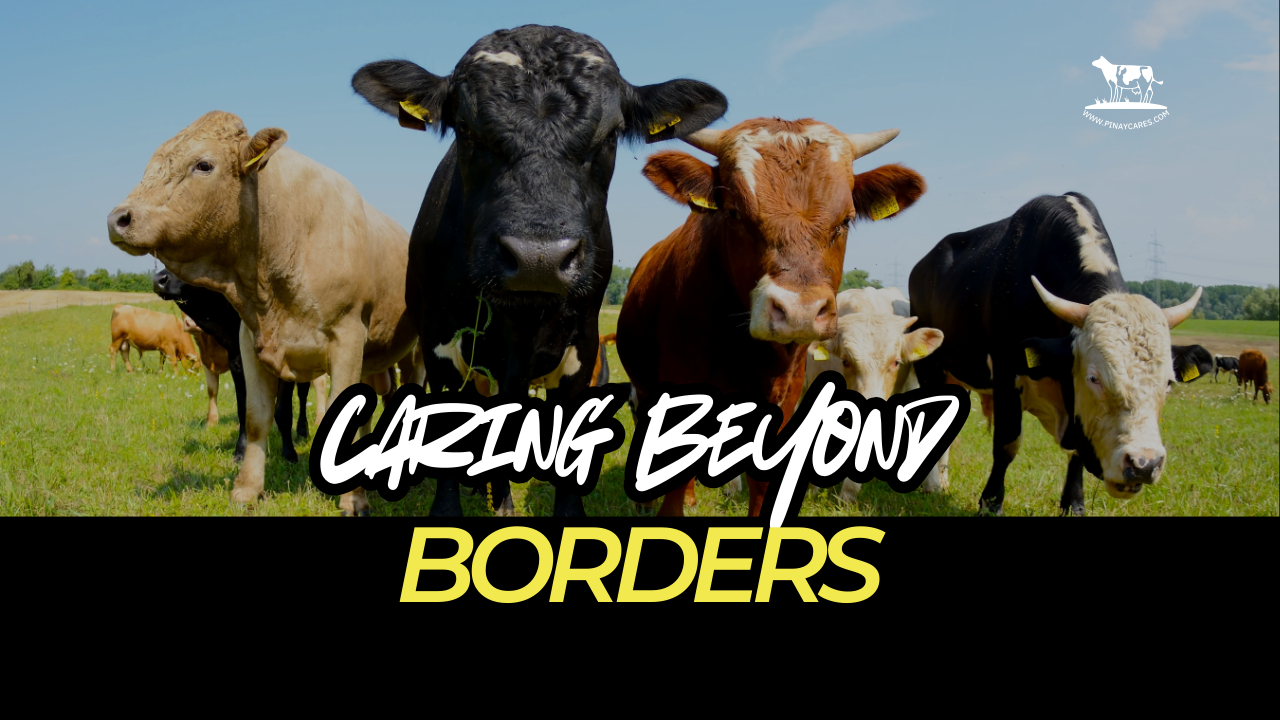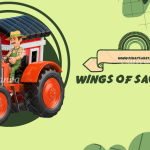Lando grew up in Bukidnon, where wide fields and backyard animals shaped his childhood. His family raised pigs, chickens, and a carabao they used for farming. As a boy, Lando learned to feed and care for animals, often waking up early to clean pens or fetch grass. While he never thought much of it back then, those small responsibilities would later lead him to a path that changed his life.
After high school, Lando worked various jobs farm helper, construction worker, even a motorcycle mechanic but none gave him the steady income his family needed. With three younger siblings to help send to school and his parents growing older, he decided to take a leap. When he heard of job openings in Australia as a livestock worker, he applied, hoping that his farm experience would give him a chance.
When Lando arrived in Queensland, the sheer size of the cattle stations stunned him. It was nothing like the small pens back home. Herds of cows stretched across wide pastures, and the farms used equipment he had never seen before. His job included feeding livestock, monitoring their health, cleaning barns, repairing fences, and assisting in breeding and calving seasons.
The first few weeks were overwhelming. The work was physically demanding long hours under the scorching sun, heavy lifting, and the constant smell of manure that clung to his clothes. At night, his body ached, and homesickness hit him hard. He missed the simple dinners with his family, the laughter of his siblings, and the comfort of speaking in his own language.
Still, Lando endured. He reminded himself that every day of sacrifice was for his family’s future. His employer soon noticed his dedication and gentle way with animals. Unlike some workers who rushed through tasks, Lando took the time to check if each cow had eaten of if any showed signs of illness. One day, when he helped save a newborn calf struggling to breathe, his supervisor told him, You’ve got a good heart for this work, Lando. Animals know when someone cares. Those words gave him pride and motivation.
Life as a livestock worker wasn’t only about tending to animals. It taught Lando resilience and patience. He learned to ride a quad bike to check herds across vast fields, administer basic veterinary care, and even shear sheep during lambing season. Each new skill gave him confidence that he was growing not just as a worker but as a person.
The hardest part remained being far from his family. During video calls, his mother often reminded him not to overwork, while his father proudly told neighbors that his son was looking after cattle in Australia. His youngest sibling once said, Kuya, when I see cows in our barangay, I remember you. That simple statement made him tear up, but it also reminded him why he was there.
After a few years, Lando’s sacrifices bore fruit. His siblings finished college with the money he sent home, and his parents small farm improved with the support he provided, When he finally returned to the Philippines for a vacation, his family greeted him with tears and hugs, proud of the man who had gone abroad to give them a better life.
Lando’s journey as a livestock worker in Australia shows that OFWs are not only laborers they are caretakers, not just of animals, but of the dreams and hopes of their families back home. His story proves that no work is too humble when done with love and purpose.



